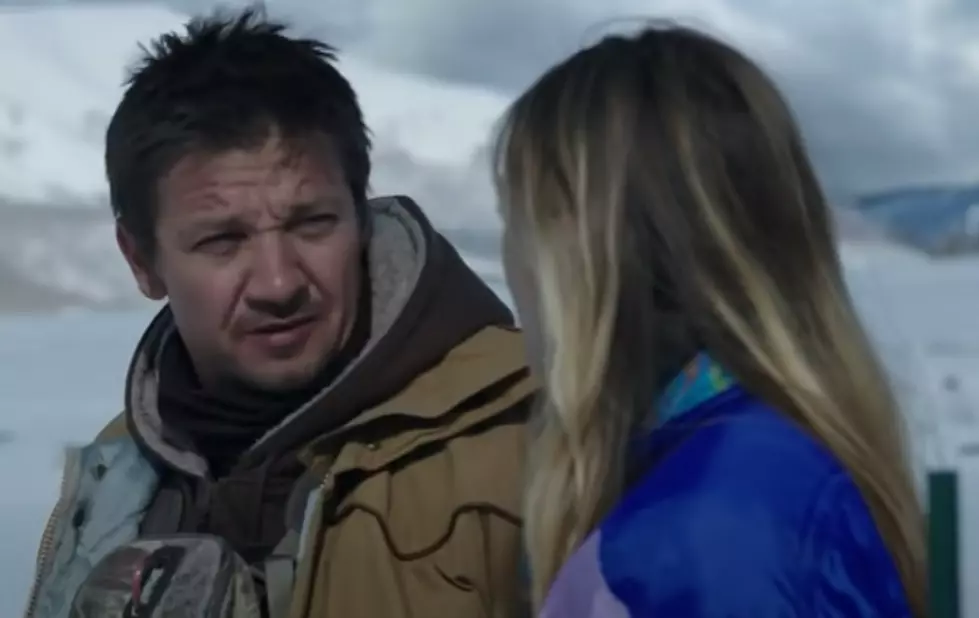
Judge Orders Landowner, Irrigation District To Fix Wind River
Same as it was in 2014.
A federal judge this week for the second and final time ordered a Fremont County landowner and an irrigation district to restore two miles of the Big Wind River west of Riverton to its rightful channel and end a trespass on Indian land.
U.S. District Judge Alan Johnson's ruling pleased Northern Arapaho Tribe Chairman Dean Goggles said in a prepared release. "Abuses of the Wind River are a violation of tribal sovereignty. We look forward to healing these wounds, and taking a lead role in the restoration of tribal lands."
Johnson ruled John Hubenka and the LeClair Irrigation District must remove dikes they built that diverted the river that benefited Hubenka's property and cut access to land used by the Northern Arapahoe and Eastern Shoshone tribes.
This case started in May 2010, when the federal government sued Hubenka and the irrigation district. Beginning in 2000, they built four dikes downstream of the LeClair Diversion Dam without permits required by the Clean Water Act. In 2004, Hubenka was convicted in a jury trial of three criminal counts of violating the Clean Water Act.
The first dike, built by Hubenka under the authority of the irrigation district, diverted most of the Wind River’s water from its primary northern channel to its southern channel, according to court records.
That dike — and the second, third and fourth dikes constructed solely by Hubenka — cut access on the reservation to the tribes’ land historically used for hunting, fishing and grazing.
Johnson held a bench trial in 2012, and ruled in October 2014 that Hubenka and the irrigation district must remove the dikes.
Johnson wrote then that Hubenka later sold area land for several hundred thousand dollars, and he executed quitclaim deeds to move the ownership of his property within his family.
The judge called Hubenka a scofflaw for repeatedly violating the Clean Water Act. “He has failed to comply with administrative orders. He has demonstrated an obvious continuing intention not to comply. He has defiantly thumbed his nose at the law.”
Hubenka defended his actions, saying he built the dikes to enhance wildlife habitat.
In December 2014, he and the irrigation district appealed the case to the Denver-based 10th U.S. Circuit Court of Appeals, which two months ago sent the case back to the Wyoming U.S. District Court in July.
Meanwhile, the parties and their attorneys met and crafted a master settlement agreement later approved by Johnson.
However, those working on the settlement received letters from two people downstream from the dikes who objected to the removal of those dikes.
The federal government responded that they were not direct parties in the negotiations, and they and their properties had benefited from the illegal actions by the irrigation district and Hubenka.
Johnson's order also assessed Hubenka with a civil penalty of $42,500, which will be reduced to $4,250 if he completes the work by Dec. 31.
Hubenka himself told Northern Arapaho Tribe he was sorry in a letter dated June 28 posted on the Tribe's website:
"I extend my deepest apology for building dikes in the Big Wind River. I understand that these actions were disrespectful to the Tribe and its members.
"I am committed to completing the restoration work I have agreed to do under the Master Settlement Agreement.
"I agree never again to trespass on tribal land."
More From Y95 Country









